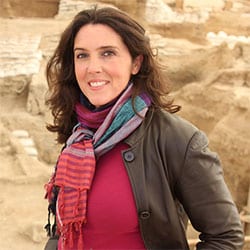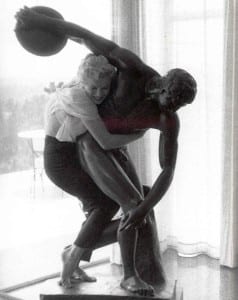The gadfly of Athens
By Ben Stevens H P Stevens, on 20 February 2014
“You are the incarnation of the good life”. As opening gambits go, it’s a sure-fire way to win over an audience and a compelling way to begin a lecture about Socrates.
But then, through her extensive TV work, author and historian Bettany Hughes knows all about how to captivate modern audiences with tales from antiquity and her public talk, ‘Athens: the theatre for Socrates’ ideas’, on 13 February was no exception.
The lecture was part of Ancient Plays for Modern Mind – a public engagement programme organised by UCL Greek & Latin, which was certainly doing its job, judging by the large number of eager sixth-form students sat around me.
Hughes began the lecture proper by explaining the meaning behind her “incarnation” comment; that by attending her talk and engaging in face-to-face debate, we were participating in one of the joys of life – at least as far as Socrates was concerned.
Having recently been asked by a journalist why the philosopher is relevant today, she told us that, although she could have supplied them with a book-length answer, her eventual reply was much shorter.
 Close
Close




